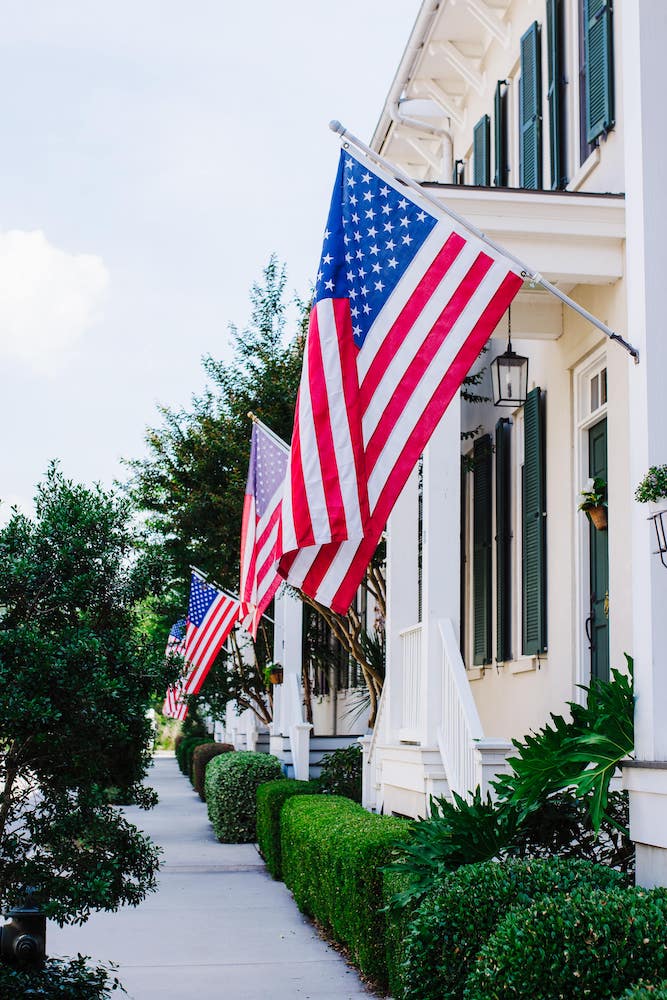As a property owner, preparing for rental property inspections is one of the most effective ways to protect your investment and stay compliant with local laws. Whether you manage your rental property independently or through a property management company, regular inspections help identify maintenance issues, monitor tenant compliance, and preserve the property's condition.
Understand the Purpose of Rental Property Inspections
Rental property inspections serve multiple purposes. They ensure the rental unit remains safe and habitable, help you catch lease violations, and allow for documentation of normal wear and tear. These inspections also offer you peace of mind, making evaluating the property’s condition easier and preparing for future tenant move-ins or security deposit disputes.
Provide Proper Notice to Tenants
Before entering the rental unit, you must provide proper notice. In South Carolina, at least 24 hours' advance notice is generally required.
Respecting your tenant’s privacy while scheduling inspections is essential to maintaining a positive landlord-tenant relationship. It shows you respect their privacy and personal belongings.
By providing proper notice and communicating the purpose of the inspection clearly, you reduce the chances that a tenant will refuse access.
Focus on Key Areas During the Inspection Process
The inspection process should be thorough.
A successful rental property inspection includes checking:
Plumbing and electrical systems
Heating and cooling systems
Smoke and carbon monoxide detectors
Windows, doors, and locks
Cleanliness and overall condition of the property
Be sure to look for signs of excessive wear and tear, possible lease violations, or neglected maintenance issues. A detailed inspection report helps you document the current condition and prepare for move-out inspections or tenants' security deposit decisions.
Use a Rental Inspection Checklist
Consider using a rental inspection checklist to streamline the process. It helps the landlord or property manager ensure that no critical areas are missed. This is especially useful during routine inspection schedules or mid-lease inspections.
Encourage Tenant Compliance and Satisfaction
A quarterly inspection or landlord inspection can reinforce the terms of the lease agreement and encourage tenants to maintain the rental unit responsibly. When conducted respectfully, inspections also contribute to tenant satisfaction and help avoid conflicts over the tenant's lease obligations.
Address Maintenance Issues Promptly
Note and address any maintenance issues immediately, during or after the inspection. Immediate action prevents small problems from becoming costly repairs and contributes to the property's long-term value.
Review Local Laws and Inspection Guidelines
Before conducting inspections, review local laws to ensure compliance with South Carolina’s landlord-tenant regulations. This protects both parties and supports a fair, consistent inspection process.
Partner with Professionals for Stress-Free Rental Property Inspections
At Stinger Home Management, we help landlords like you across Beaufort, SC, perform rental property inspections with professionalism and care. Whether you need help with scheduling, documentation, or full-service oversight, our experienced property managers are here to make the inspection process smooth and stress-free.
Contact us today to learn more about our services.
Frequently Asked Questions About Rental Property Inspections
1. How often should I schedule rental property inspections?
While local laws may vary, many property managers recommend conducting quarterly inspections or mid-lease inspections to stay ahead of maintenance issues and ensure tenant compliance. Move-in and move-out inspections are also essential for documenting the property's condition and managing the tenant's security deposit properly.
2. What should I include in a rental inspection checklist?
A thorough rental inspection checklist should cover key areas such as smoke detectors, plumbing, electrical systems, heating and cooling systems, windows and doors, appliances, and signs of wear and tear. Don’t forget to check for unauthorized alterations or pets that may violate the lease agreement.
3. Do I need to give notice before conducting an inspection?
Yes, most states, including South Carolina, require landlords like you to provide proper notice (usually 24 to 48 hours) before entering a rental unit. Failing to do so can violate a tenant's privacy and harm your landlord-tenant relationship. Always review local laws to ensure compliance.



